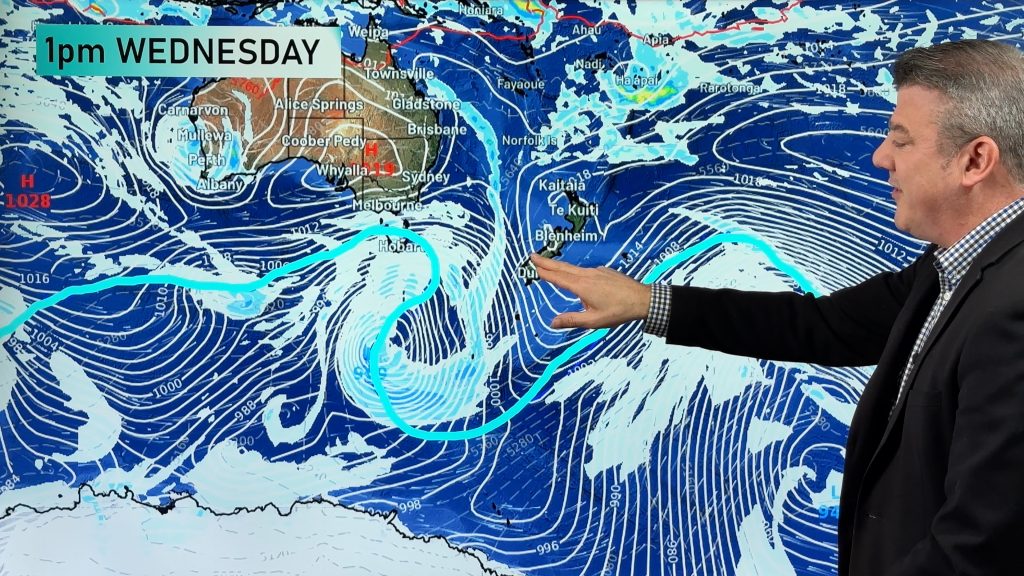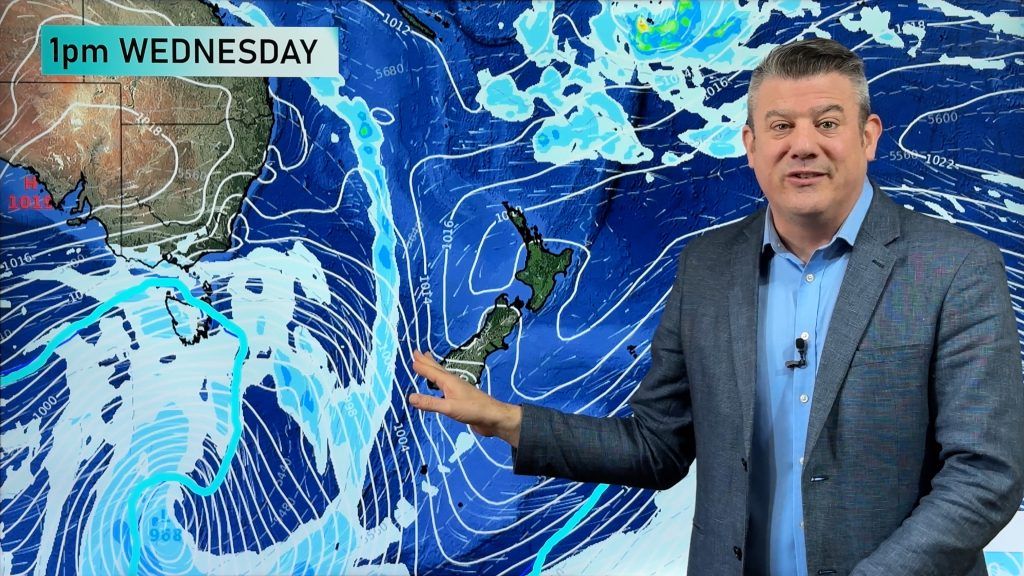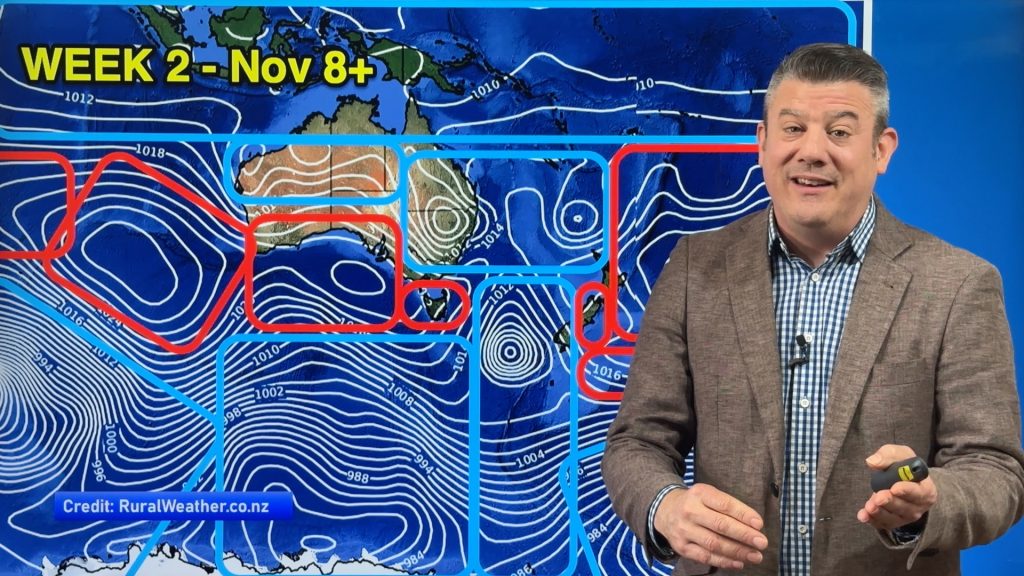
> From the WeatherWatch archives
Raglan locals are upset over plans by Contact Energy to build 168 wind turbines on the coast between Port Waikato and Raglan.
Owner of the Solscape eco-retreat near Raglan, Phil McCabe, says he opposes the project because rather than building more wind farms, we should be focusing on reducing electricity consumption.
He says modern appliances such as heat pumps are driving the demand for energy.
“We’ve never had before in New Zealand the opportunity to cool our homes down,” he told Newstalk ZB. “We’ve never needed it and that’s a new thing that New Zealanders are probably getting used to, but it’s putting further demand on our energy infrastructure.”
Phil McCabe says the proposed wind farm would also ruin what a pristine 34km stretch of coastline which is unique and untouched.
“From the coast where I live we cannot see a single human structure up that coast and there’s going to be 150m tall wind turbines dotted around the coast.”
Phil McCabe says rather than building more wind farms, we should be focusing on reducing electricity consumption.
– Newstalk ZB
Comments
Before you add a new comment, take note this story was published on 27 May 2011.





Add new comment
gparker on 28/05/2011 10:42pm
The majority of heat pump usage in New Zealand is to heat homes rather than cool. Cooling a house maybe a luxury but heating it is a necessity. It is better to have wind farms in rural areas than people burning coal and wood in urban areas contributing to bad health, carbon pollution and global warming. This is one of many sacrifices that must be made. . .
Reply
Guest on 28/05/2011 12:10am
Heat pumps are saving energy, not driving up energy demand. Most people that install them are replacing inefficient power hungry heating appliances.
Reply
Zelda Wynn on 27/05/2011 11:14pm
Beautiful image of the Moonrise over Te Apiti, by Stefan Kriven.
Reply